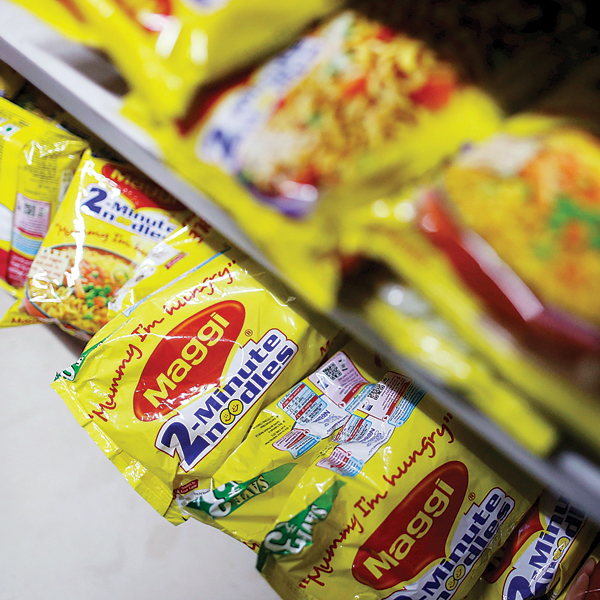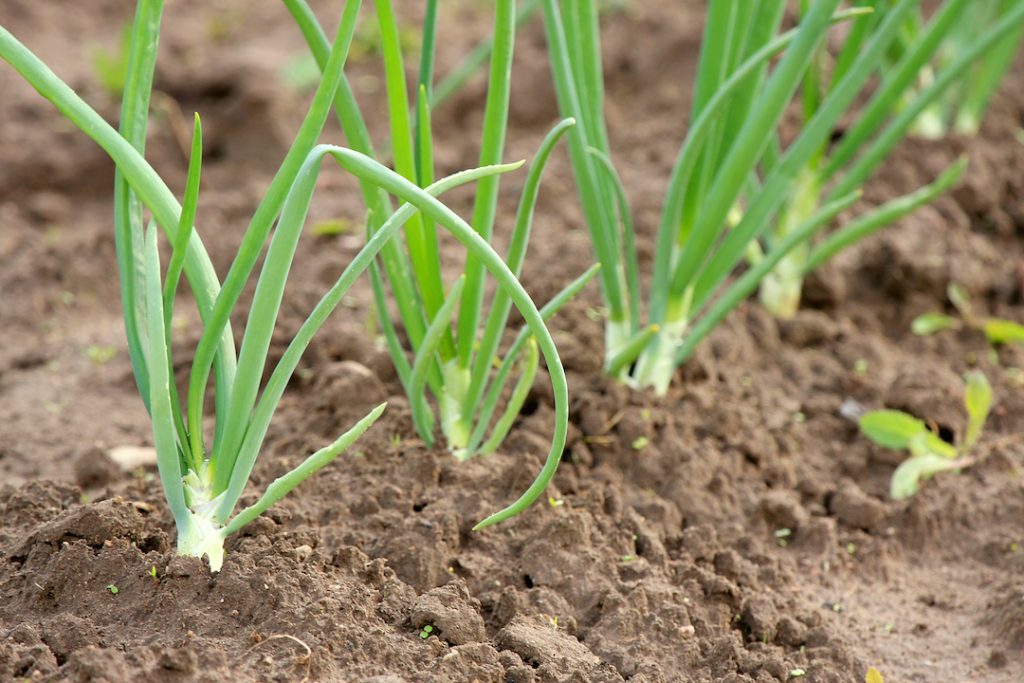Fast Food
The Soil That Led To Lead In Maggi
The source of the heavy metal lead in Maggi noodles is most likely soil, say Food Safety officials who investigated the issue. “The lead content was found to be higher in the tastemaker of the product, which contains onions. This led to the inference that the presence of heavy metal in the soil in which these were grown must have led to its presence in the food item,” said Y.S. Malik, Chief Executive Officer, Food Safety and Standards Authority of India (FSSAI).
Why Wasn’t The Tastemaker Tested Before Sale?
Food samples reported for contamination in the FSSAI’s Annual Report for 2014-15 were mostly milk, milk products, edible oil and water. Processed food is seldom tested in government laboratories. On being asked if that would not leave consumers in the dark about the safety of their food and health, he said, “The FSSAI has been functional for merely four years, though the Food Safety and Standards Act was passed in 2006, and as per Section 26, there is huge responsibility on the shoulders of food business operators for self-compliance. If FSSAI starts cracking down on the enforcement front, there will be the allegation of running another inspector raj on our part.”
Why Is The Soil Contaminated?
Rup Lal, general secretary, Indian Network for Soil Contamination and Research, and Professor of Molecular Biology, Delhi University, said the lack of efficient environmental regulation to stop the release of toxic industrial effluents into water bodies was one of the primary reasons heavy metals such as lead had found their way into the food chain.
According to a research by Professor B.D. Tripathy at Banaras Hindu University, sewage generated from Varanasi was found to be high in lead, cadmium, chromium and nickel content due to its mixing with effluents coming from thousands of small-scale industries there. The sewage mixed with untreated discharges was released into the Ganga River. Even when this effluent mixed river water was treated, the heavy metal presence in it was not removed, and this was later used to irrigate crop fields where wheat, vegetables and other such items were grown. The findings of this research were admitted as evidence in the Allahabad High Court which held the Dinapur sewage treatment plant as responsible for polluting the river water
“Once heavy metals present in polluted river water enter the soil, it results in crops growing in them absorbing these metals. After entering the food chain by way of consumption, the toxic element magnifies in concentration within the body of the organism through a process known as biological magnification,” he said.
We Hear Coca Cola Saying “Told You So!”
Mr. Tripathy compared the present controversy surrounding Maggi with that of Coca Cola earlier, in which pesticides were found in 2003. “Even in that case the presence of pesticide was from the water used to manufacture the cold drink.” So basically, Nestlé should’ve learnt its lesson after the Coke fiasco and should have brought its own onions.
Although if consumed in small quantities, the human body can develop a resistance to the heavy metal; if present in large concentrations the metal can cause considerable harm.
So the trick here would be to refrain from consuming cauldrons of Maggi until our systems become immune to the metal. Okay. Now may we have our lead back please?




















